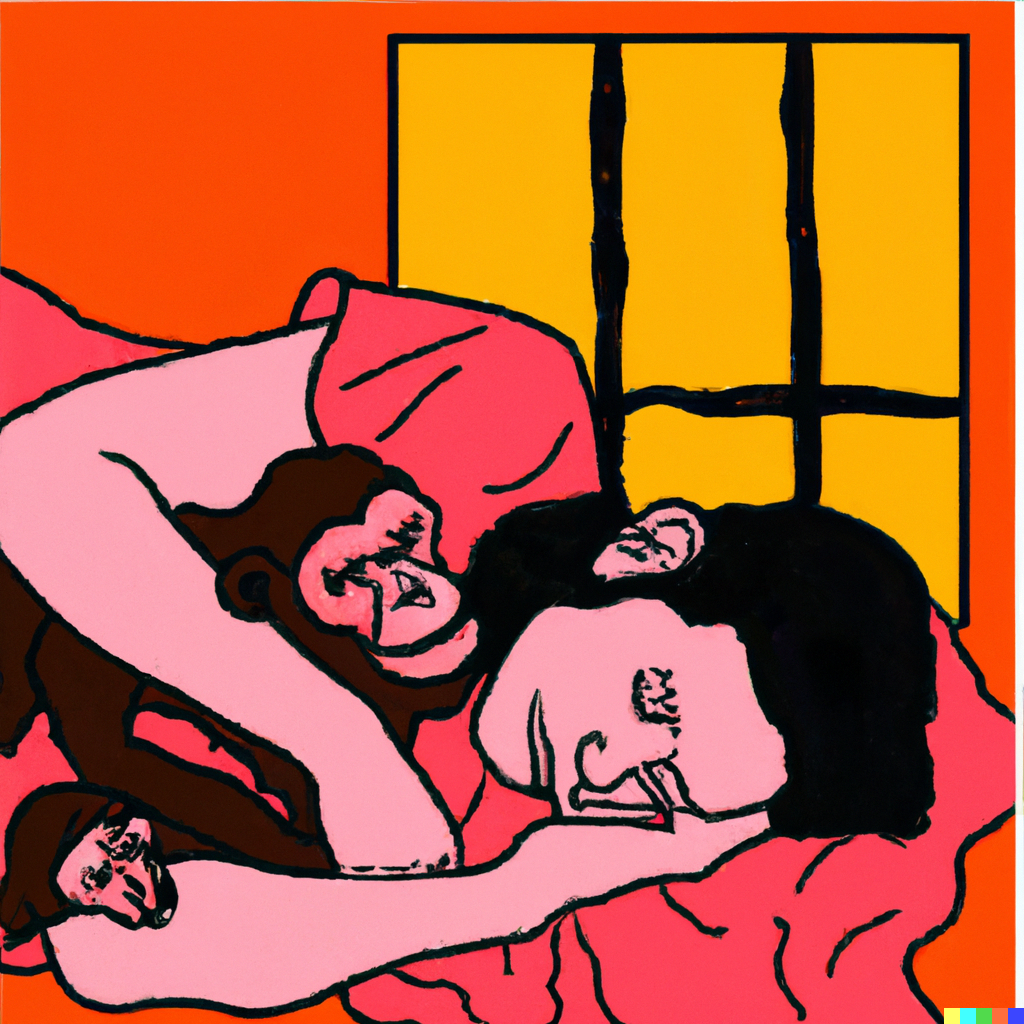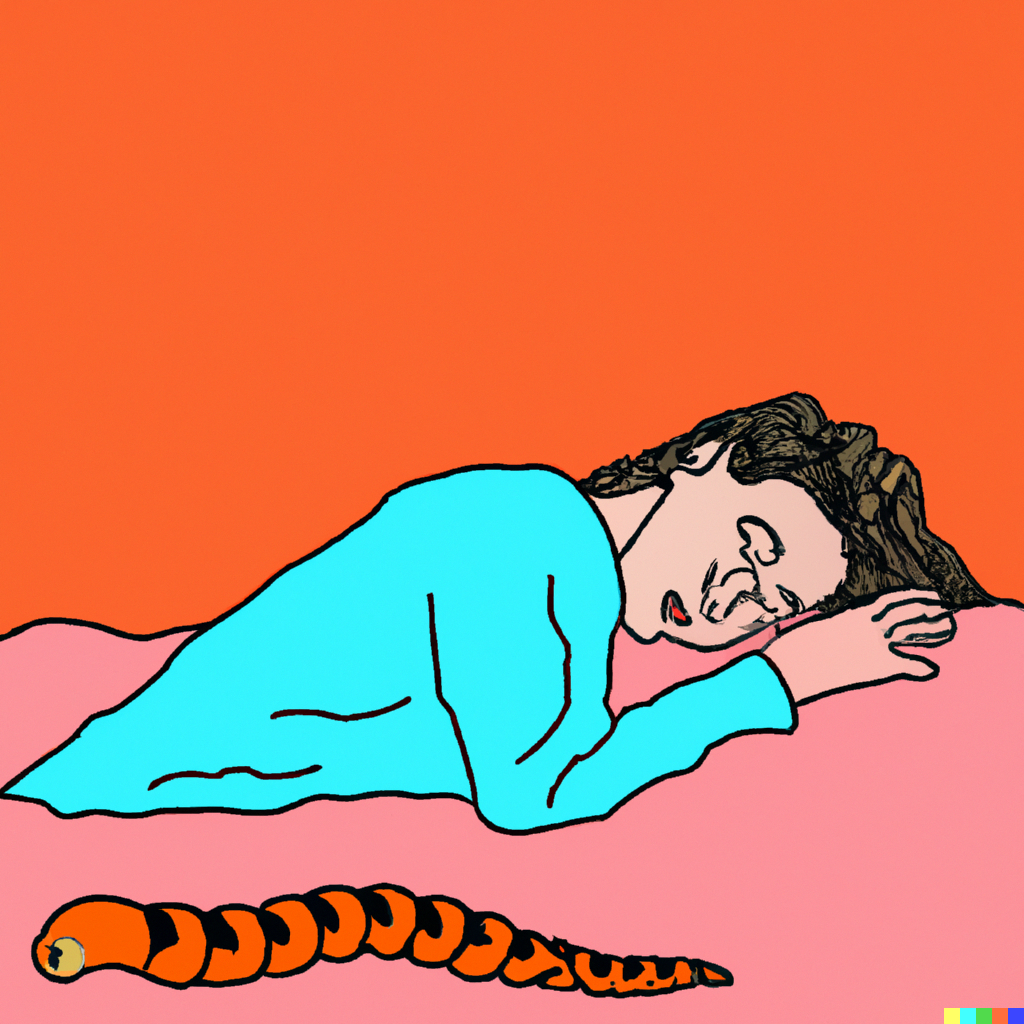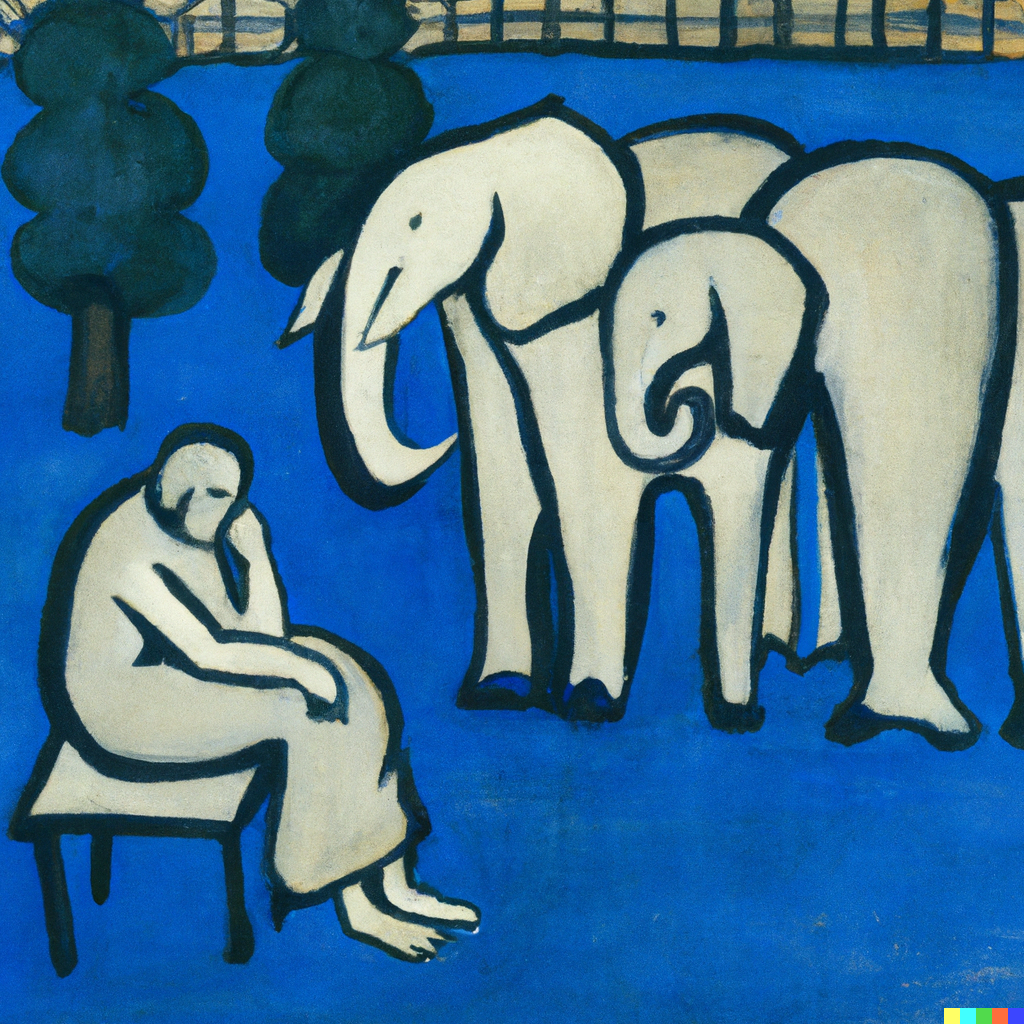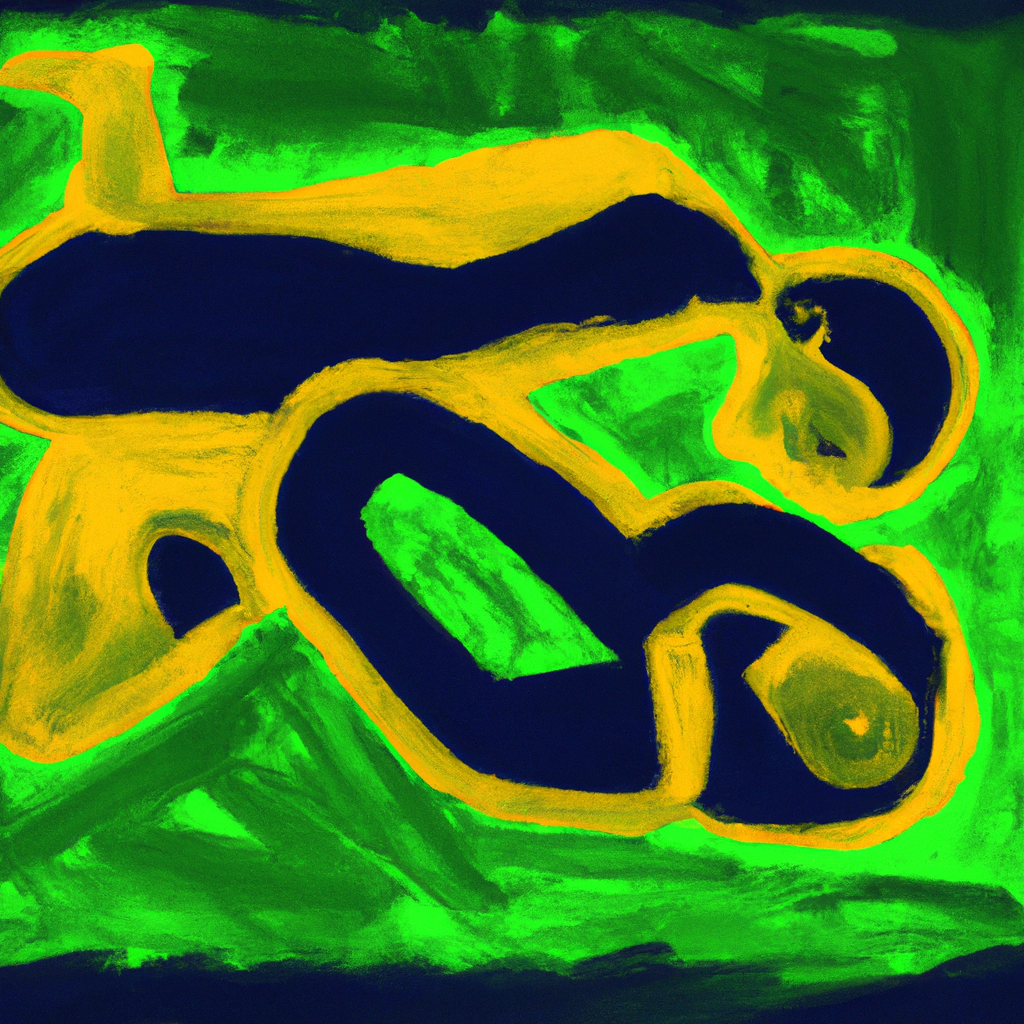
Have you ever felt a feeling of persistent sadness or hopelessness and didn't know what was going on? Maybe you’ve lost interest in the things you used to love, whether it’s playing football with your friends, going out, or even simply listening to music. You try to snap out of it, but it feels like you’re stuck and you can’t find your way.
This feeling can be confusing and isolating. You might look around and see everyone else happily getting on with their lives, which can make you feel even more alone. You might ask yourself, “What’s wrong with me?” or “Why cant I just be happy?”
If this sounds familiar, I want you to know one thing: you are not alone, and it’s not your fault. These aren’t just bad moods. These persistent feelings could be a sign of something more, something that has a name: depression.
What is Depression?
The word “depression” gets thrown around a lot. People might say they’re depressed when they are having a bad day or when their favorite team loses. These moments can feel sad and leave you in funk, but the clinical definition of depression is more pervasive.
Clinical depression is a common mood disorder that affects how you feel, think, and handle daily activities. It’s more than just sadness; it’s a persistent lack of interest in activities you once found enjoyable. It can feel like a heavy blanket, making everything seem difficult. It can also bring on feelings of guilt or low self-worth, mess with your sleep or appetite, and make it incredibly hard to concentrate.
The writer Matt Haig put it well when he wrote: “Depression isn’t a choice but stigma and ignorance are.” It’s a medical condition, just like diabetes or high blood pressure. And just like those conditions, it’s treatable.
You Are Not Alone & Here Are the Numbers
Sometimes, when you’re struggling, it can feel like you’re the only one in the world going through it. But the numbers tell a very different story.
Globally, over 300 million people struggle with depression. In fact, depression is the leading cause of disability worldwide. To put it in perspective, severe depression is considered as disabling as terminal stage cancer. This reflects the severe and often understated toll that depression takes, it is debilitating, enduring, and deserving of greater attention and resources.. [PubMed Central](https://pmc.ncbi.nlm.nih.gov/articles/PMC9925363/#:~:text=and premature mortality.-,At a global level%2C over 300 million people are estimated,often with co-occurring depression.)
In Kenya, the situation is significant. According to the World Health Organization (WHO), Kenya ranks fourth in Africa for the number of people with depression, with an estimated 1.9 million Kenyans affected. Government statistics suggest that one in every four Kenyans will experience a mental health condition at some point in their lives.
So, that feeling you thought was isolating you? It’s a feeling shared by many. The problem isn’t the feeling itself; it’s the silence and stigma that often surrounds it. We have a shortage of mental health professionals in Kenya, with about 100 psychiatrists for a population of over 45 million. That's one psychiatrist for every 500,000 people, not nearly enough to support the problem. On top of that, mental healthcare is underfunded by the government with only 0.05% of the health budget allocated for mental health and when mental health care is available, it can be expensive to access.
If your feelings are affecting your ability to live your life fully, it might be time to understand them better and begin to address them.
How do I Know If I’m Depressed? Common Signs of Depression
So, how do you know if what you’re experiencing is just a rough patch or if it could be depression? While everyone’s experience is different, there are common signs and symptoms to look out for. Major depression is typically marked by having several of these symptoms for at least two weeks.
Ask yourself if you’ve been experiencing any of these:
- A consistently low or irritable mood: Do you feel down, sad, or empty most of the day, nearly every day? Or maybe you’re more irritable and snappy than usual?
- Loss of interest or pleasure : Have you lost interest in your hobbies, social activities, or anything that used to bring you joy?
- Changes in appetite or weight: Have you noticed a significant weight loss when you’re not dieting, or a weight gain from eating more than usual?
- Changes in sleep: Are you struggling with insomnia (can’t sleep) or hypersomnia (sleeping too much)?
- Feeling restless or slowed down: Do you feel constantly agitated and unable to sit still, or the opposite, like you’re moving and thinking in slow motion?
- Constant fatigue or lack of energy: Do you feel tired all the time, no matter how much you sleep? Does every task feel like a monumental effort?
- Feelings of worthlessness or excessive guilt: Are you hard on yourself, blaming yourself for things that aren’t your fault?
- Trouble concentrating or making decisions: Does it feel like your brain is foggy? Do you struggle to focus on tasks or make choices you used to make easily?
- Recurrent thoughts of death or suicide: Are you having thoughts about harming yourself? This is a serious symptom that requires immediate help.
If you’re experiencing two or more items on this list for at least two weeks, it’s a strong sign that you should talk to someone. Speaking to a professional can help you get a formal diagnosis and acknowledging these symptoms is the first step towards getting help. Book a session now to speak with one of our highly experienced therapists who can help guide you.
Types of Depression
Just like there are different types of flu, there are different types of depressive disorders. Understanding them can help make sense of what you or someone you know might be going through. The American Psychiatric Association’s Diagnostic Statistical Manual of Mental Disorders classifies the depressive disorders into:
- Major Depressive Disorder (MDD): This is what most people think of as classic depression. It’s characterized by episodes of intense symptoms, like the ones listed above, that last for at least two weeks and interfere with your ability to work, sleep, and eat. These are considered episodic as bouts of depression can recur usually separated by at least two months of feeling okay.
- Persistent Depressive Disorder (Dysthymia): Dysthymia is a long-term, chronic form of depression. The symptoms might not feel as severe as major depression, but they are present most of the day, more days than not, for at least two years in adults (or one year for people aged between 15-24). Because it’s so persistent, people with dysthymia sometimes think this is just their “personality.” It’s also sometimes called “high-functioning depression” because you might still be able to go to work or school, but you feel a constant lack of joy or motivation. You might have periods of feeling well, but they don’t last for more than two months at a time.
- Premenstrual Dysphoric Disorder (PMDD): For some women, the week before their period brings on more than just cramps. PMDD is a severe form of PMS with symptoms like extreme mood swings, irritability, anxiety, and a depressed mood. These symptoms typically show up in the final week before menstruation and go away a few days after it starts.
- Substance/Medication-Induced Depressive Disorder: Sometimes, depressive symptoms are a direct result of using or withdrawing from substances like alcohol, drugs, or even certain prescribed medications. The key here is that the symptoms start during or soon after using the substance and were not there before.
- Disruptive Mood Dysregulation Disorder (DMDD): This is diagnosed in children and adolescents (between 6 and 18 years old) and involves chronic, severe irritability and frequent, intense temper outbursts. These outbursts happen three or more times a week and are out of proportion to the situation.
Knowing that your experience fits a known pattern can help give your struggle a name and hence, a clear path toward treatment.
Feeling like you might be experiencing one of these? It’s okay. Talk to a professional who understands. Book a confidential session now.
How to Cure Depression: Steps for Managing Symptoms
The most important message to hear is this: depression is treatable. You do not have to feel this way forever. There is hope and there is help available. The Roman philosopher Marcus Aurelius said, “The happiness of your life depends on the quality of your thoughts.” But many people find they can’t control their negative thoughts on their own, which leaves them feeling depressed. This is where professional help becomes crucial to learn how to manage your thoughts and feelings.
Here are the most effective ways to manage and treat depression:
- Psychotherapy (Talk Therapy): This is the primary method of treating depression. In therapy you work with a trained professional to develop skills and strategies to get better. This can equip you with skills for cognitive restructuring (changing negative thought patterns), improving your relationships, problem-solving, building resilience, and managing stress. Therapy provides a safe, confidential space to understand your feelings and learn healthy coping mechanisms.
- Psychoeducation: This simply means learning about your condition. Understanding what depression is, what triggers it, and how treatment works is empowering. It can also be very helpful to involve family members (when appropriate) so they can understand what you’re going through and how to support you.
- Self-Care and Lifestyle Adjustments: Therapy and medication are powerful, but the small things you do every day also make a huge difference.
- Sleep Hygiene: Depression and sleep are closely linked. Establishing a regular sleep schedule and creating a restful environment can significantly improve your mood.
- Physical Activity: Exercise is a powerful tool for mood regulation. Even a 15-20 minute walk each day can boost your mood.
- Balanced Diet: What you eat affects your brain. Try to eat regular, nutritious meals and stay hydrated.
- Mindfulness and Relaxation: Practices like deep breathing, meditation, or spending time in nature can help calm your nervous system.
- Social Connection: It can be hard to reach out when you’re depressed, but connection is vital. Try to talk to a trusted friend or family member.
- Medication: For moderate to severe depression, antidepressant medication can be very effective. These are medications prescribed by a psychiatrist that help balance chemicals in your brain. They are not “happy pills” and do not seek to change your personality. They can, however, lift the fog enough for you to engage in therapy and make lifestyle changes. It’s crucial that these are prescribed and monitored by a qualified doctor.
If you’re feeling overwhelmed by these options, don’t worry, that’s normal. The first step is the simplest and the hardest: reaching out.
You deserve to feel better. Take that first step today. Book a session with a caring professional to create a personalized treatment plan.
Where To Start
Understanding your feelings is the first, most powerful step you can take. That heavy feeling you’ve been carrying has a name, it has causes, and most importantly, it has solutions. You don’t have to walk this path alone. Millions of people in Kenya have walked it before and found their way to a brighter place.
It takes courage to ask for help, but it’s one of the strongest things you can do. Reach out. Talk to someone. Start the journey back to yourself.
Ready to talk? We’re here to listen. Book your confidential session now and start your journey to healing.




















